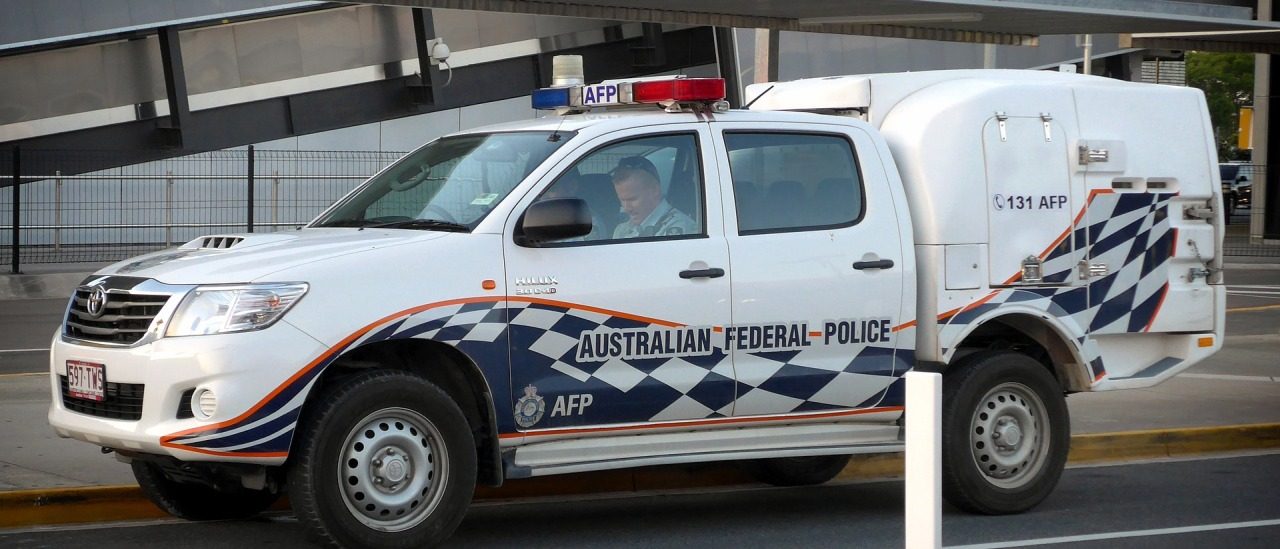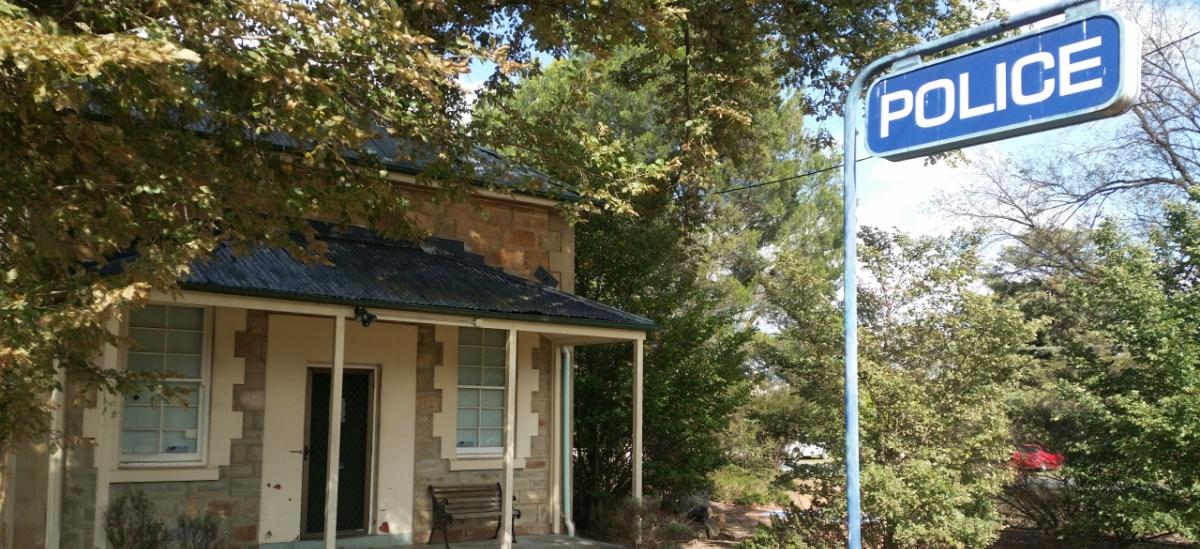If you are fearful for your physical or psychological safety you may apply for urgent, interim, protection orders, even on a weekend. If you feel you are in imminent danger please phone 000.
Urgent (and After Hours) Family Violence Orders in the ACT
Ordinarily, a victim may apply for urgent interim orders at the Magistrates Court in Canberra. Urgent applications are normally heard in the absence of the alleged perpetrator of the violence. A Magistrate may then make orders restraining the perpetrator from approaching the victim, from approaching specific locations such as a property, the victim’s place of work or a school, requiring the perpetrator to move out of a property, restraining the perpetrator from acting in a particular way, or from approaching their children. The purpose of such urgent orders is to ensure the immediate safety of the Applicant. If the Court makes interim orders, these will be in place for some days or weeks until the matter is next heard. In the meantime, the other party is served with the documents filed and the orders made against him/her.
But what if the victim needs help when the Court is closed – on a weekend or during holidays?
It is important to know that if you are fearful for your safety outside of business
hours, that police officers are able to apply for urgent family violence orders
on behalf of a victim.
Section 100 of the Family Violence Act 2016 (ACT) (“FVA”) provides the grounds for making an afterhours order. A Magistrate may make such an order on application by a police officer if he or she is satisfied that there is a risk to the victim of family violence by the alleged perpetrator and that the order is immediately necessary to ensure the victim’s safety and the victim’s children and/or to prevent damage to the victim’s property.
An application for an afterhours order may be made by telephone with a police officer providing a brief description to the Magistrate of the grounds upon which an order is sought. The order may then be sent my email or fax to the police officer as soon as possible, but under the legislation, the police officer is able to record and produce a copy of the orders as dictated immediately as a copy of the orders. A police officer will then serve the Orders on the perpetrator.
Police are able to detain the perpetrator against whom a family violence order is sought for up to 4 hours whilst they apply for an order. Under section 105 of the FVA if a police officer is applying for an urgent order on your behalf, and is reasonably satisfied of the grounds for such an application, they can remove the Respondent from relevant premises or to another location and detain the Respondent until an order is made and they can be provided with a copy.
An afterhours order remains valid for 2 business days after it is made. The idea is that the matter is then listed before a Magistrate on the next available business day.
When the matter does come before the Court again, the parties will then have an opportunity that same day to negotiate a settlement of the matter with the assistance of a Registrar of the Court.
The parties are not required to come face to face during negotiations at the Conference. The Registrar can conduct “shuttle mode” negotiations to ensure the victim’s safety and privacy. The victim is able to bring a support person.
The settlement reached may include consent Family Violence Orders, Consent Orders without admissions, undertakings or no future orders at all.
If no agreement is reached the matter will be scheduled for a final hearing to take place some weeks or months later. That same day, the Court will also determine any interim orders sought,
It is important to know that if you are experiencing critical concerns for your safety, you can and should seek urgent police assistance.
If you want to discuss your matter further and obtain advice on your rights, you can contact one of our experienced family violence solicitors.
Further reading

elringtons lawyers regularly provide legal advice in relation to a range of family law matters. Please contact our Family Law Team for more information or to make an appointment call (02) 6206 1300










